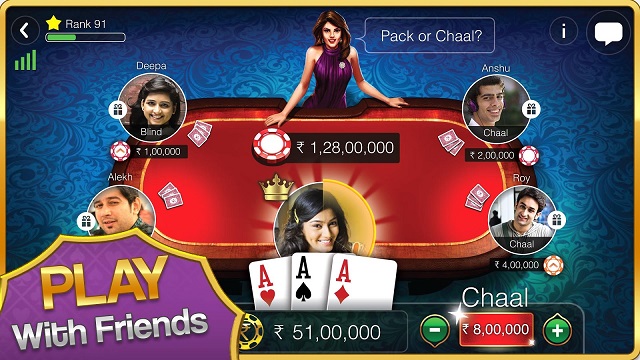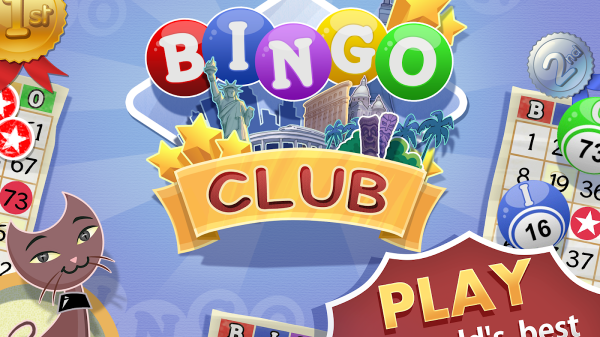While Indian game developers have managed to break into the top ten app downloads segment, monetisation has been a notorious Imp playing havoc in this part of the world. But one of the companies that has been rolling in money through its games and leading at the top of the segment is Moonfrog Labs. It has been known for its casino based games like Teen Patti Gold, Bingo Club and more. We caught up with Moonfrog Labs, co-founder and designer Oliver Jones on what keeps the set-up going on building up on its portfolio of games.

“One of the best things at Moonfrog Labs is the team. They are a great bunch of guys working and creating some really cool stuff. They are smart as well as fun which is what is required in a gaming company. But one of the most important things is their creativity. That’s how we want to separate ourselves by building a very strong core creative team and develop creative talent internally.”
Moonfrog Labs’ USP is the design, mechanics and methodology. They look at themselves as pioneers when it comes to games made for India. Nobody has made games for the Indian market barring a few others, but now (as Oliver says) is the right time and whoever is working in this space will be shaping the future.
Recently, Moonfrog raised a Series A funding worth $15 million from Tiger Global and Sequoia Capital which they plan to use to expand their team and develop games of different genres. Previously too, Sequoia had invested $1 million in the company as a seed round.
Oliver reveals: “It’s all about team expansion. From a team of 20, we want to expand aggressively growing to 100-200 people in the next few years.” And what is that they are looking for in the people when they are hiring?
“Firstly we are looking for talented people at all levels. Anyone from entry level fresher or professionals who are smart, quick on their feet, ready to learn new tools, really enthusiastic and really keen to learn about gaming. We are also looking at Indies as well and what they can bring to the table.”

Being in the same league as Clash of Clans, Candy Crush; Moonfrog has been in the top grossing apps section for a while now and has been generating revenues from its games like Teen Patti Gold – not only from the metro cities but also from small towns – across India managing to bring in cash for its games.
Moonfrog is now experimenting with newer genre of games and is already working on a few prototypes that they will plan to take to the market soon. So how’s Moonfrog Labs’ new games going to be different from the others out there in the market?
“We are adding some game mechanics and best practices that we have learned and experienced which makes the game so much better. We are planning to give more content to the people than they’ve ever seen before right on their mobile phones,” he expounds.
With bandwidth being one of the major causes of concerns and data packs playing a bigger role these days, how is Moonfrog planning to deliver a high quality game which doesn’t compromise on graphics and gameplay.

Oliver has been in India for the last three years, previously working for a number of start-ups mostly in the free to play space. “India has its own sense of appeal and we as developers have to understand what people find appealing. It is very important to find right kind of motifs, styles that are attractive and also the technology that works with it,” he adds.
Technology is very unique to India as compared to West (Read 3G and 2G networks). There are some games that are specific to Indian markets like Teen Patti, but there is an opportunity to build other games for India, believes Oliver.
Oliver stresses that Indies and the Multinationals should come together and form a large profitable industry and take the onus of being a single voice, representing the entire ecosystem. “Is the ecosystem giving us the talent to make good games that is an important question? Can we define an educational syllabus that will provide us with the talent that we need and that is something as an industry we should work towards? These are some perennial questions that deserve to be answered!”